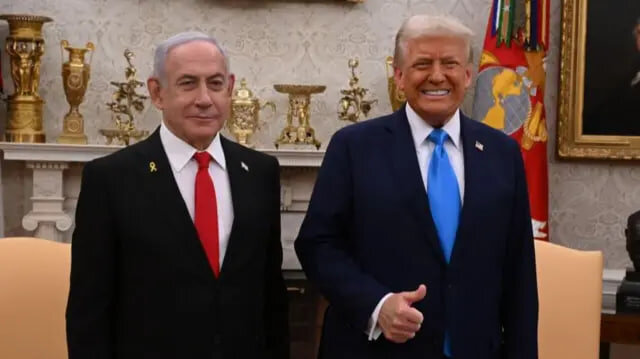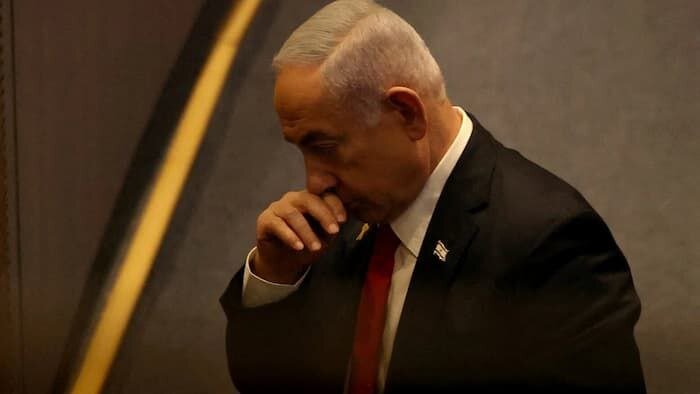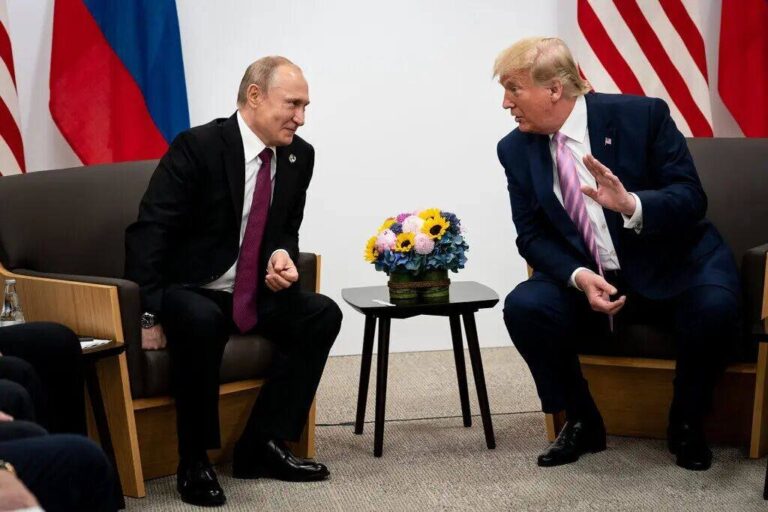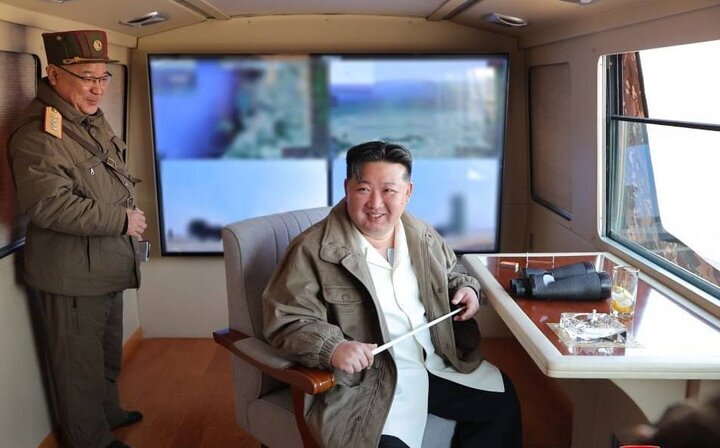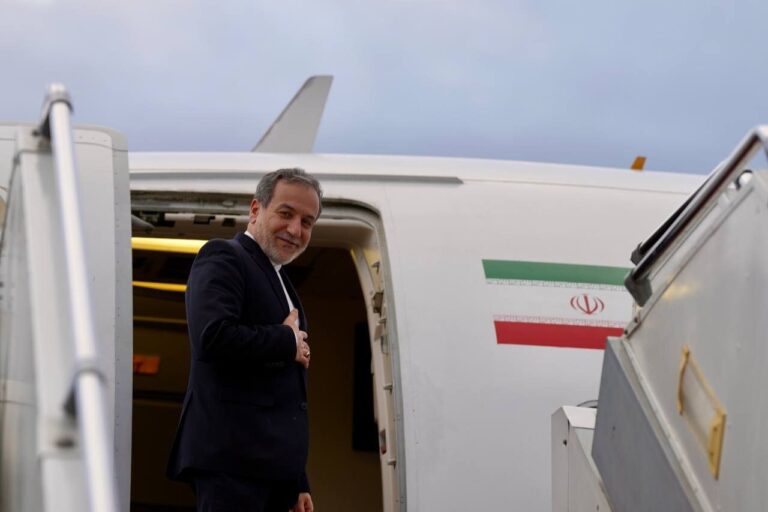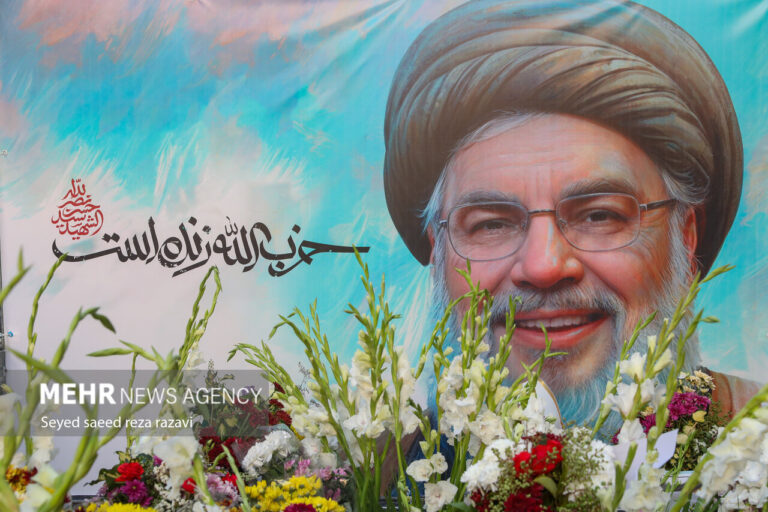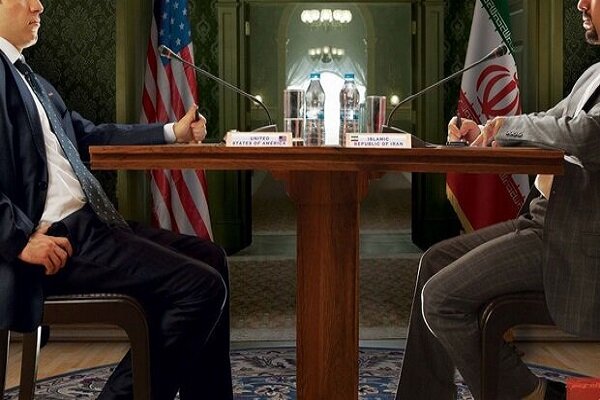Netanyahu’s Diplomatic Strategy: Leveraging Washington as a Shield in Global Politics
Netanyahu’s Visit to Washington: A Diplomatic Maneuver Amidst Legal and Political Turmoil
Israeli Prime Minister Benjamin Netanyahu’s recent trip to Washington carries significant implications for both international diplomacy and his ongoing legal challenges. This visit follows a controversial four-day trip to Hungary, where he was welcomed by Prime Minister Viktor Orban, a well-known critic of the International Criminal Court (ICC). Notably, Hungary’s stance defies the court’s authority, allowing Netanyahu to travel without the risk of arrest, as Israel grapples with the ramifications of an ICC warrant accusing him of war crimes.
The backdrop of this visit is crucial, as it coincides with escalating tensions in the Israel-Hamas conflict. Israel has intensified its military operations in Gaza, attracting widespread global criticism. The ICC issued a warrant on November 21, 2024, targeting Netanyahu and his former war minister Yoav Gallant for severe allegations, including:
- Starvation as a method of warfare
- Crimes against humanity, including murder and persecution
This warrant has ignited strong opposition from Israel and its allies, particularly the United States, where President Joe Biden condemned it as “outrageous.” Following this, the Trump administration imposed sanctions on ICC personnel in February 2025.
While international scrutiny over the ICC warrant dominates headlines, Netanyahu also confronts significant domestic issues, primarily his ongoing corruption trial in Israel. As of March 2025, he faces legal proceedings in Tel Aviv, including charges of bribery, fraud, and breach of trust across three separate cases.
During his April 6 visit to Washington, these domestic legal challenges were momentarily overshadowed by international diplomacy. However, they remain crucial to his political survival, as protests erupt in Israel demanding his resignation and accusing him of prioritizing personal interests over national concerns. Critics argue that his foreign engagements, such as those to Hungary and now the U.S., are strategic moves to divert attention from domestic pressures and enhance his image as a global leader.
Netanyahu’s Washington visit serves multiple purposes, particularly addressing vital matters concerning Israel’s national interests.
Key Discussions: Iran and Gaza
Beyond economic discussions, Netanyahu’s visit also focuses on pressing regional security matters. Talks with President Trump included:
- Tensions with Iran
- The ongoing conflict in Gaza
The urgency of these discussions is heightened by the recent deployment of advanced U.S. missile defense systems to Israel, including THAAD and Patriot batteries, amid escalating regional tensions.
Trump remarked, “We’re going to talk about trade, and we’re going to talk about the obvious subject. You know what the obvious subject is, right?” This comment has been interpreted in Israel as possibly referring to either the hostages held in Gaza or Iran’s nuclear ambitions.
Strategies for Resolving the Gaza Conflict
In recent months, violence in Gaza has surged. On April 6, 2025, Hamas retaliated against Israeli actions described as “massacres” by launching rockets into southern Israeli cities. In response, the Israeli military conducted airstrikes in Gaza, leading to the deaths of at least 39 individuals.
Reports indicate that Israel has expanded its control over over 50% of the Gaza Strip by establishing buffer zones, which has resulted in widespread destruction of Palestinian homes, agricultural lands, and infrastructure. Some analysts have labeled these actions as potential ethnic cleansing and war crimes.
During the meeting, Netanyahu and Trump are expected to discuss a proposed plan for Gaza’s future, which includes relocating over 2 million Palestinians and transforming the region into a tourist destination. This proposal has garnered significant criticism, with many viewing it as a violation of international law.
Amid opposition to Netanyahu’s aggressive policies in Gaza, protests demanding a ceasefire and a prisoner exchange deal coincided with his arrival in Washington, D.C. This meeting occurs during a period of increasing international concern regarding the humanitarian impact of violence in Gaza, with human rights activists calling for an immediate end to hostilities and the initiation of peace negotiations.
Diverging Perspectives on Iran
The issue of Iran is central to Netanyahu’s U.S. visit, revealing both alignment and divergence between him and Trump. Both leaders aim to neutralize what they perceive as Iran’s threat to regional stability, yet their strategies and motivations differ significantly.
Netanyahu’s visit came at a critical juncture for Israel and the Middle East. Following Trump’s return to office, his administration has indicated a revival of the “maximum pressure” policy against Iran, a strategy that includes stringent sanctions and a withdrawal from the 2015 Joint Comprehensive Plan of Action (JCPOA). For Netanyahu, who regards Iran as an existential threat, this alignment offers a chance to synchronize U.S. policy with Israel’s aggressive stance.
Despite their common goals, Trump and Netanyahu diverge on tactics and timing. Netanyahu, under pressure from his far-right coalition and a public weary of prolonged conflict, seems eager to escalate military actions against Iran. In contrast, Trump has expressed a preference for negotiation over immediate military confrontation, indicating a potential shift in strategy.
Long-Term Implications
Netanyahu’s trip to Washington represents more than just a diplomatic mission; it is a high-stakes move by a leader confronting unprecedented challenges. By aligning with Trump and defying the ICC, he seeks to project strength and impunity. However, this strategy could carry significant risks. Domestically, his corruption trial and growing public discontent may undermine his power base. Internationally, his refusal to engage with the ICC could isolate Israel further and strain relations with allies who prioritize multilateralism.
This visit underscores the vulnerabilities of global justice mechanisms when faced with the resistance of powerful states. While the ICC’s warrants symbolize a victory for accountability, their lack of enforcement power highlights the challenges of international law. For Netanyahu, this trip might offer temporary respite, but the long-term consequences remain uncertain.
As the world observes, the pressing question remains: Can a leader facing accusations of war crimes and corruption continue to evade justice, or will the mounting pressure—both international and domestic—eventually result in accountability?
